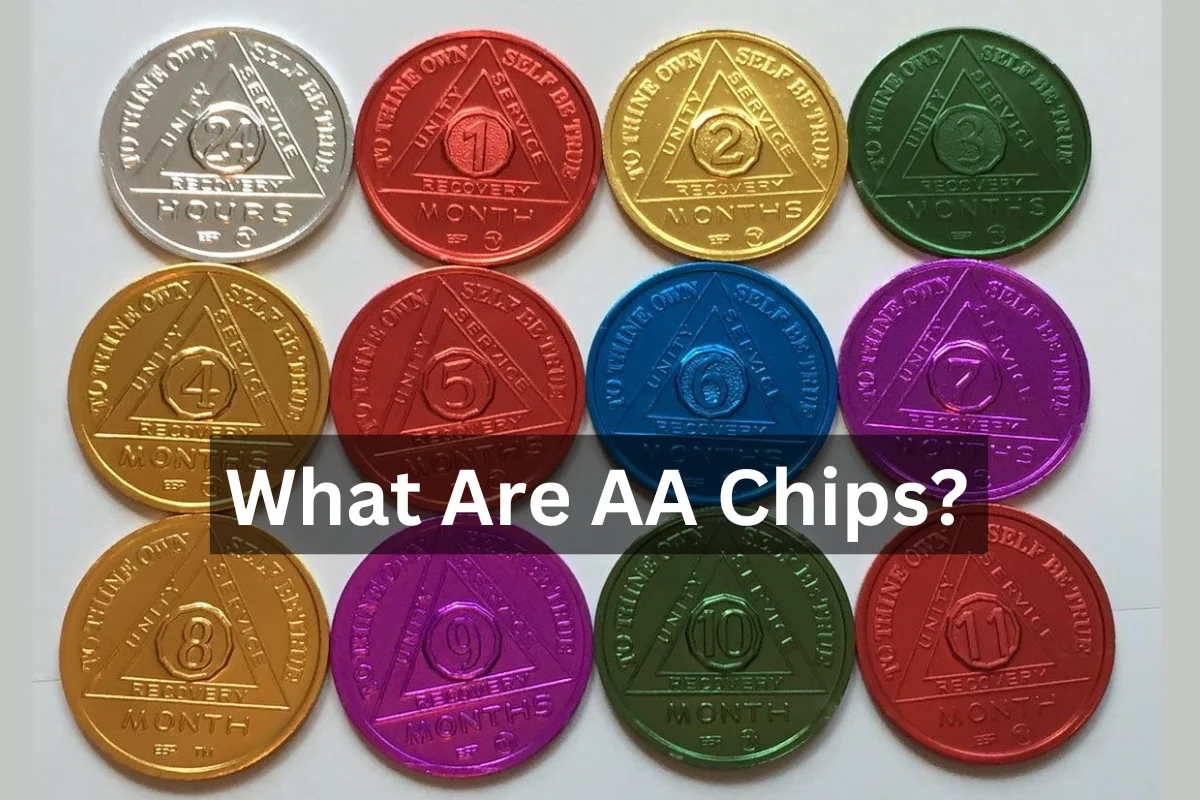Teachers give so much every day in their classrooms. They put great effort and care into helping students learn and grow. Teachers get up very early to prepare lesson plans. They stay up late, making sure schoolwork is graded. Their dedication continues year after year, though the job can be tiring.
Many teachers dream about retiring early when they are older. They look forward to travelling, resting, or pursuing other interests after so many years of educating children. But early retirement means saving plenty of money now. That is hard on modest teaching salaries.
Some loans allow access to retirement funds at better rates before age 60. A loan for CCJs distributes money from pension accounts early for major costs like debt consolidation or home purchases. Recipients only repay the loan later when they leave work or reach retirement age.
Maximise Retirement Contributions
Retiring early requires saving major funds in advance. Start now setting aside higher percentages of your salary. Most full-time teachers in the UK contribute automatically to the Teachers’ Pension Scheme.
Contribution rates rise on higher salaries, currently topping out at 9.6% of income over £59,883. Manual additional contributions allow building your pension pot faster.
Additional Savings Vehicles
Even small, regular supplements make a difference long-term. Set up automatic bank transfers to deposit bits from each paycheck into savings accounts protected for later use. Consistent micro-savings painlessly accumulate over decades invested wisely. Consider low-minimum options like the Lifetime ISA, which tops up £4 for every £1 you save towards buying a first home or funding retirement.
Budget Wisely and Cut Non-Essentials
For early retirement, making a budget matters. A good budget focuses on needs first before wants. Pay only for housing, food, transport, and similar basics. Buying just what you really need costs less. This saves more money when putting in retirement savings.
Avoid spending extra on things like fancy clothes, expensive gadgets, brand-name pets, too many streaming apps, daily cafe coffees, and frequent restaurant meals. These extras are nice but not truly necessary. Cutting back on them leaves more funds to save.
Pack lunches, make coffee at home, borrow DVDs from the library, and enjoy free parks rather than paid gyms. Small daily savings add up over many years.
Making little cuts to extra costs now allows for the bigger freedom of early retirement in the future. Be strict today so you can rest easier tomorrow after a long teaching career.
Paying for Health Needs Later
Teachers must plan for medical costs when they retire. Even with NHS health care, some items need payment even when older. These include medicine, glasses, dental implants, walkers, caregiver help, transport for disabled people, and changes to homes allowing for wheelchairs.
Some retired teachers move to other countries. There, they must pay for medical help on their own. Saving extra for future health needs makes sense.
Open a special health savings account. Put small amounts of money in it automatically each month, as you likely already do, for regular retirement savings. Ask your bank about investment choices needing little money to start. Small monthly contributions build slowly over many years into a fund for medical bills during retirement.
Thinking ahead about all parts of retirement spending gives peace of mind later. Being ready for health expenses as well as basic living costs allows teachers to fully enjoy their life!
Growing Savings for Retirement
Teachers must save money from every pay for an early retirement. But trying to save after spending makes saving hard. Little money remains to put away each month.
One easy plan is automated savings. Set your bank to transfer money from each pay into a separate retirement savings account. Automatic transfers enforce saving first before spending each month.
Also, raise the retirement account contribution whenever your pay increases. Add half of each raise amount to savings. Over time, as pay climbs, savings climb too without extra budgeting effort.
Getting a CCJ Loan
Sometimes, teachers struggle with debt. If they cannot repay debts, a CCJ court judgment will be made against them. This damages credit and makes borrowing impossible.
However, a unique CCJ loan product exists to lend money to those with judgments. These specialised loans help people recover after debt trouble. Funds can pay urgent bills despite bad credit from past issues that are now resolved.
Getting Teacher Retirement Money
Teachers earn future money while working. This comes from government pensions and Social Security. Planning how much you get matters for retiring early.
Know Your Pension
The first money source later is your teacher pension. Pensions provide monthly money in retirement. The amount depends on how long you worked and your pay level. Call your pension office to learn your estimated amount per month if you retired at ages 55, 60 or 65. Knowing pension sums helps plan early departure.
Add Social Security
The second retirement money source is Social Security. You start getting checks around age 62. Contact Social Security to ask about your monthly payment if you start then or at ages 65, 70 or later. Add this to your teacher pension total
Getting a Loan When Credit is Bad
Teachers often have lower credit scores. Reasons include college debt, low pay, high rent, and using credit cards to afford classroom materials. When credit is poor, borrowing money for things like a reliable car can be hard.
An option for a loan for a very poor credit score is a good option. These loans for people with poor credit scores help in a financial pinch. Qualifying with bad credit is easy with simple eligibility rules. Just prove a steady job and income.
Once approved, use the loan to buy essentials now, like basic transportation, to get to work daily. Pay back the set 12-month loan amount in predictable instalments over time.
Conclusion
Teachers should take small steps early to retire comfortably someday. Begin saving a bit from each paycheck into a retirement fund. Try to add extra whenever possible, like tax refund season. Making regular small contributions helps it grow.
Also, limit everyday costs. Pack a lunch instead of eating out. Brew coffee at home rather than buying it. Keep driving older paid-off vehicles. Little frugal habits add up to bigger savings over decades of teaching.
Making gradual progress empowers teachers to follow their dreams beyond the classroom. Small, consistent actions make real change possible over time.


